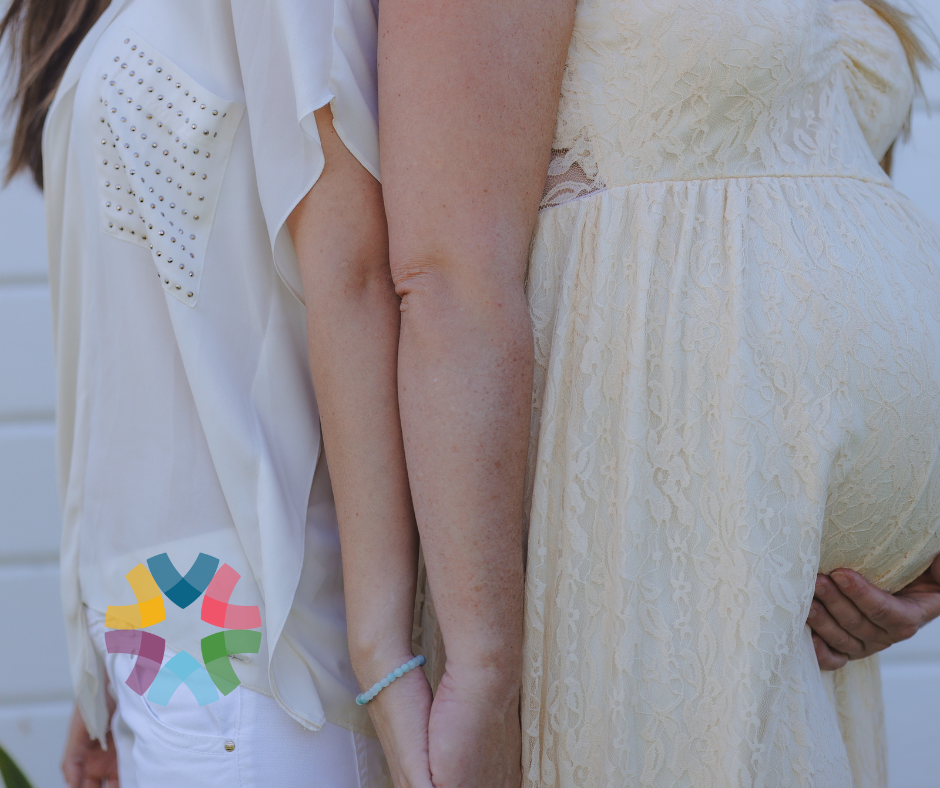Surrogacy, particularly social surrogacy, is often misunderstood. Many mistakenly believe Intended Mothers choose surrogacy for superficial reasons, like convenience or vanity, but these assumptions are far from reality. Social surrogacy decisions are often rooted in complex personal, professional, or health-related factors. Intended Parents may turn to surrogacy to safeguard their health, manage career demands, or ensure their family’s well-being. Judging these decisions without understanding their full context overlooks the deeply personal and sometimes difficult choices involved.
Watch this video for a full explanation about Medical Surrogacy vs Social Surrogacy**
What is the Difference Between Medical and Social Surrogacy?
Surrogacy is commonly categorized into two types: medical need and social surrogacy. While legal parentage considerations often drive this distinction, many Intended Parents mistakenly believe they can only pursue surrogacy for a “medical need.” But, that’s not the case.
At ConceiveAbilities, we strongly support all Intended Parents in their journey to grow their families, and appreciate a wide array of reasons for doing so — whether those reasons are medical in nature, or not. Surrogacy is typically classified into two types: medical need and social surrogacy. While some assume surrogacy is only available for medical reasons, that’s not the case. At ConceiveAbilities, we believe every Intended Parent deserves support in their efforts to build a family.
Medical Need
A clear medical need for surrogacy typically involves conditions that prevent Intended Parents from carrying a pregnancy to term. This includes scenarios such as:
- Diagnosed infertility
- Male same-sex couples
- Women without a uterus
- Individuals with life-threatening illnesses
Additionally, specific fertility diagnoses, histories of cancer, necessary medication that is incompatible with pregnancy, and more may also qualify as medical needs. In addition, we have seen some mental health diagnoses rising to the medical need threshold. The “strength” of an Intended Parent’s medical need may impact which states they can match with a surrogate, as surrogacy laws vary across jurisdictions.
The bottom line for a medical need is that a doctor (be it a reproductive endocrinologist or other appropriate specialist) has made a medical opinion and determination that the Intended Parents have a medical need to pursue surrogacy. The legal community typically will look for such a decision to be made in writing.
Social Surrogacy
On the other hand, anything that is not a “clear medical need” falls under the social surrogacy category. Unfortunately, this option often carries a stigma, with critics assuming the Intended Mother simply wants to avoid the physical aspects of pregnancy for reasons of vanity, convenience, or wanting to shift the risks to someone else. In practice, however, that is rarely true. The vast majority of individuals seeking parenthood through the path of surrogacy for reasons other than a “clear medical need” have a reasonable and valid need for surrogacy based on meaningful life circumstances.
Here are some common examples of reasonable necessity:
- Professional Athletes: Athletes like professional ballerinas may have limited career windows where peak physical performance is critical. Her physical appearance and athleticism are critical components of her livelihood and opportunity for success. If she were to take time off to have a child, she risks her career. Surrogacy allows professional athletes a viable and crucial path to growing their family.
- Unexplained Infertility: In cases where a doctor cannot determine why a couple or person is unable to conceive and is uncomfortable making a medical determination that they cannot carry a pregnancy, some opt for surrogacy to ensure the best chance of having a child.
- High Risk Careers: Individuals in high-risk professions, such as pilots or construction workers, often face demanding physical challenges and potential hazards on the job. Choosing surrogacy allows them to protect their health and well-being, while also safeguarding their baby’s development. For a pilot, long hours, high altitudes, and fluctuating cabin pressure could pose serious risks during pregnancy. Similarly, construction workers may encounter dangerous environments that could jeopardize both the mother and baby. Surrogacy offers these professionals peace of mind, enabling them to continue their livelihoods without compromising the safety of their family.
- Familial Health Concerns: Intended Mothers with a strong family history of serious health conditions, like breast cancer, may choose surrogacy to avoid potential risks tied to pregnancy hormones.
- Challenging Recovery: Some Intended Mothers have a medical condition that does not inherently preclude her from carrying, but would make recovery from delivery an especially arduous, lengthy process. Surrogacy allows them to focus on their health and be present for their newborn child.

Our Commitment to Building Families
At ConceiveAbilities, we recognize that every family’s surrogacy journey is unique. Our focus is on understanding the why behind each decision– whatever that may be – ensuring that both the Intended Parents and surrogates feel fully informed and comfortable. Through our Matching Matters™ process, we work closely with surrogates to ensure they’re aware of the Intended Parents’ reasons for choosing surrogacy, whether it’s medical, not medical, or a combination of factors.
“The key is transparency,” says Fran Caruso, Esq. “We help surrogates and Intended Parents build relationships based on trust and mutual understanding.”
Ultimately, we are proud to support Intended Parents from all walks of life. We have deep regard and appreciation for the fact that there are a wide array of important reasons for why people pursue surrogacy.
Begin your surrogacy journey with ConceiveAbilities today. We are honored to assist you in growing your family.